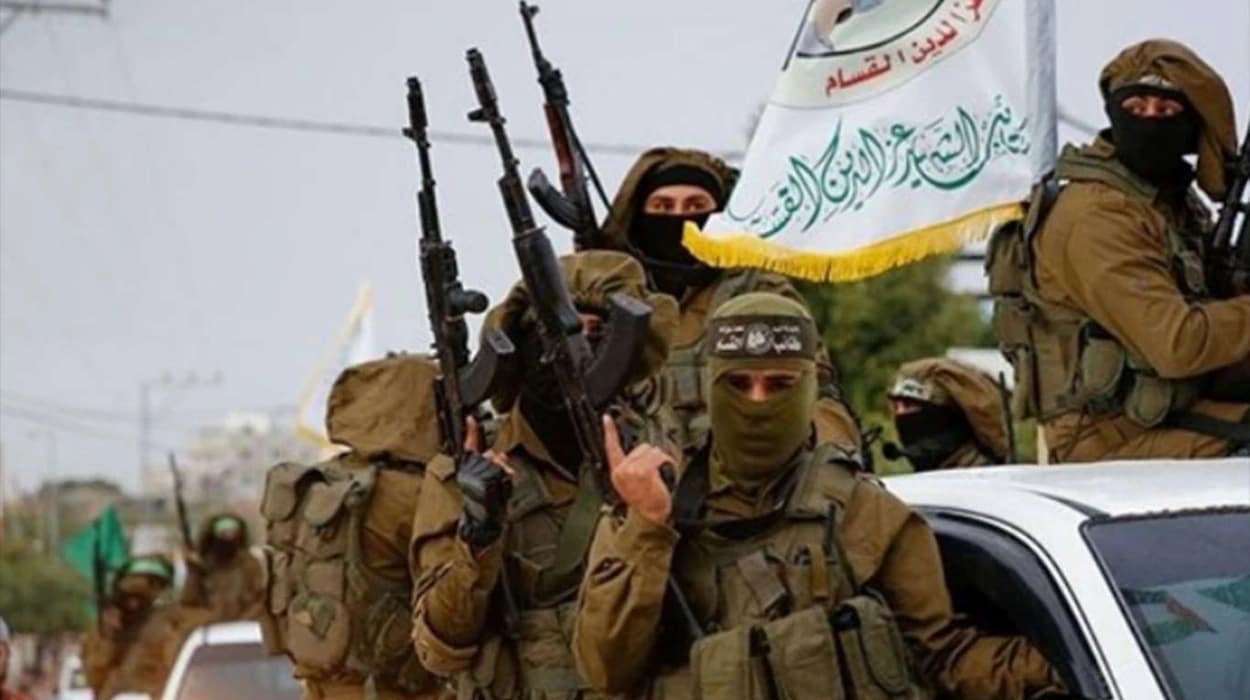The Al-Quds Brigades, the armed wing of the Palestinian
Islamic Jihad, officially mourned the death of Commander Yousef Al-Amer, hailed
as a hero of the Jenin Battalion, recognising his role and sacrifice. This
announcement has resonated across multiple news platforms, underlining the
significance of his leadership in the Palestinian resistance.
What has prompted the Al-Quds Brigades to issue a mourning statement?
As reported by journalists covering Middle Eastern affairs,
the Al-Quds Brigades have publicly mourned Yousef Al-Amer, a prominent
commander considered a hero within the Jenin Battalion. The mourning marks his
death, acknowledged as a significant loss to the group and its supporters. This
statement serves both as homage and a morale booster to maintain resistance
momentum despite the setback.
Who was Yousef Al-Amer and what was his role in the Jenin Battalion?
Yousef Al-Amer was a senior commander of the Jenin
Battalion, a key operational sector within the Al-Quds Brigades, the military
wing of the Palestinian Islamic Jihad. His leadership reportedly was central to
their strategic efforts in Jenin, an area noted for its heightened resistance
activity. Media coverage highlighted his tactical skills and dedication as
instrumental in shaping the Brigade's armed operations in the region.
Why is the Jenin Battalion significant in the context of Palestinian resistance?
Jenin and particularly its refugee camp, have been a focal
point of conflict and resistance due to ongoing Israeli-Palestinian
hostilities. The Jenin Battalion commands a substantial role in guerrilla and
militant activities against Israeli forces. As per reports in regional news
outlets, commanders like Al-Amer are seen not only as military figures but as
symbolic leaders embodying local resistance and nationalist aspirations.
How has the wider community responded to the death of Yousef Al-Amer?
According to local eyewitness accounts and statements
published by sympathisers and affiliated groups, the death of Yousef Al-Amer
has invoked widespread mourning among Palestinians, especially within Jenin and
areas sympathetic to the Islamic Jihad cause. Commemorations and tributes
praised his bravery and commitment to the Palestinian cause, underscoring the
emotional impact his loss has on the local population.
What does this mean for the future of the Al-Quds Brigades and the Jenin Battalion?
Experts and analysts interviewed by various news agencies
suggest that while the death of a prominent commander like Yousef Al-Amer is a
tactical and symbolic loss, the Al-Quds Brigades have historically demonstrated
resilience in the face of such blows. Leadership structures are often swiftly
adjusted to maintain operational continuity. The Brigades’ statement implies a
call for continued resistance and an enduring defiance against perceived
oppression.
Are there any official statements or further details from the Al-Quds Brigades?
In their statement of mourning, the Al-Quds Brigades
referred to Yousef Al-Amer as a “martyr” and lauded his heroic efforts. They
pledged to continue their struggle in honour of his memory. No additional
operational or security details concerning the circumstances of his death were
disclosed publicly at this time, in line with typical security practices
observed by militant groups in the region.
What risks or implications does this event pose to the regional security situation?
Given the role of the Jenin Battalion within the broader
Israeli-Palestinian conflict, the loss of a commander may influence escalation
dynamics locally. Military analysts have pointed out that such deaths can lead
to retaliatory actions or intensification of militant activities, potentially
contributing to a cycle of violence. Governments and security agencies closely
monitor such developments to gauge potential impacts on broader regional
stability.
The mourning of Yousef Al-Amer encapsulates not only a
tribute to a fallen commander but also highlights the ongoing tensions and
unresolved conflicts that define the Israeli-Palestinian landscape. Media
outlets continue to track developments in Jenin and responses from various
factions to fully assess the consequences of this loss.
